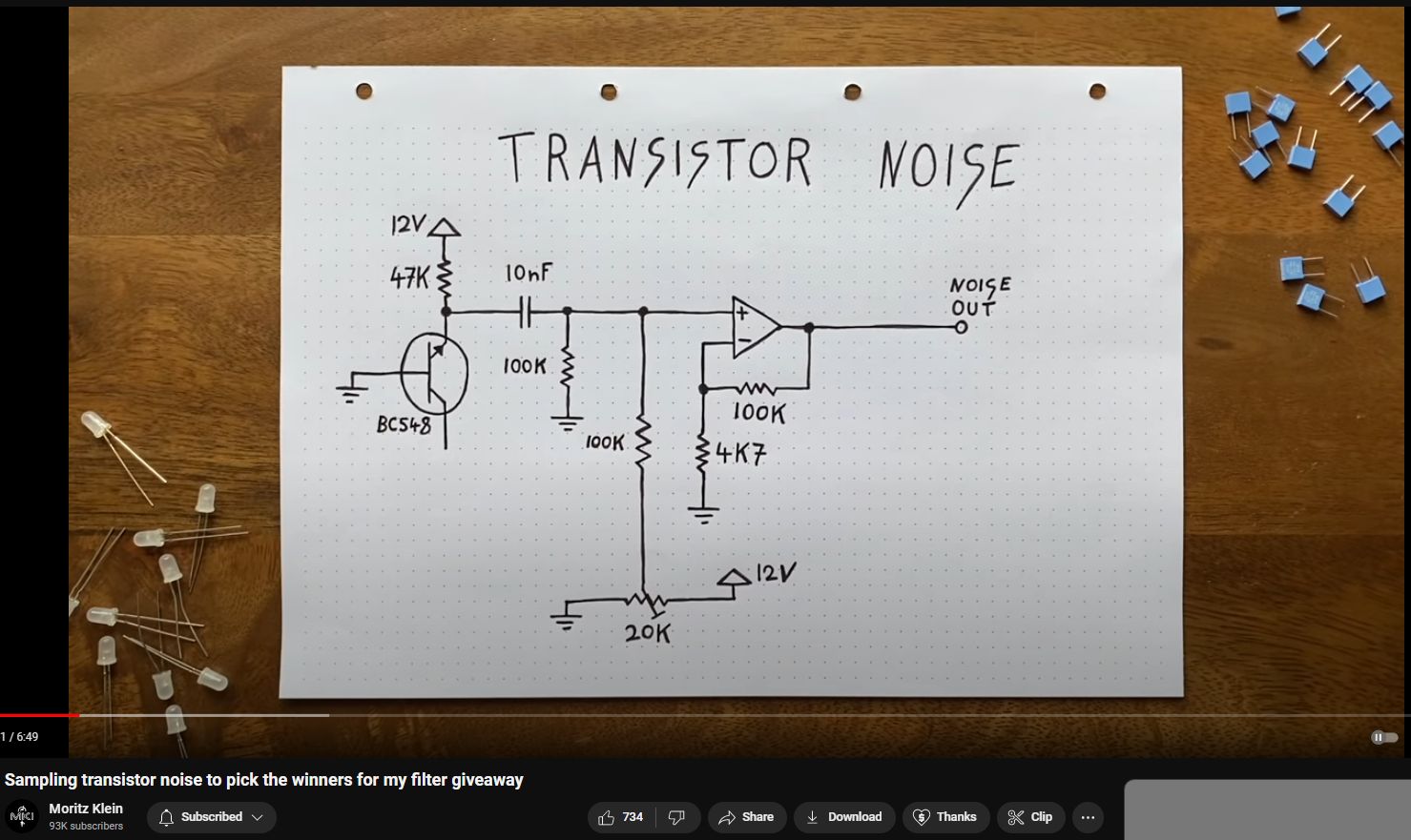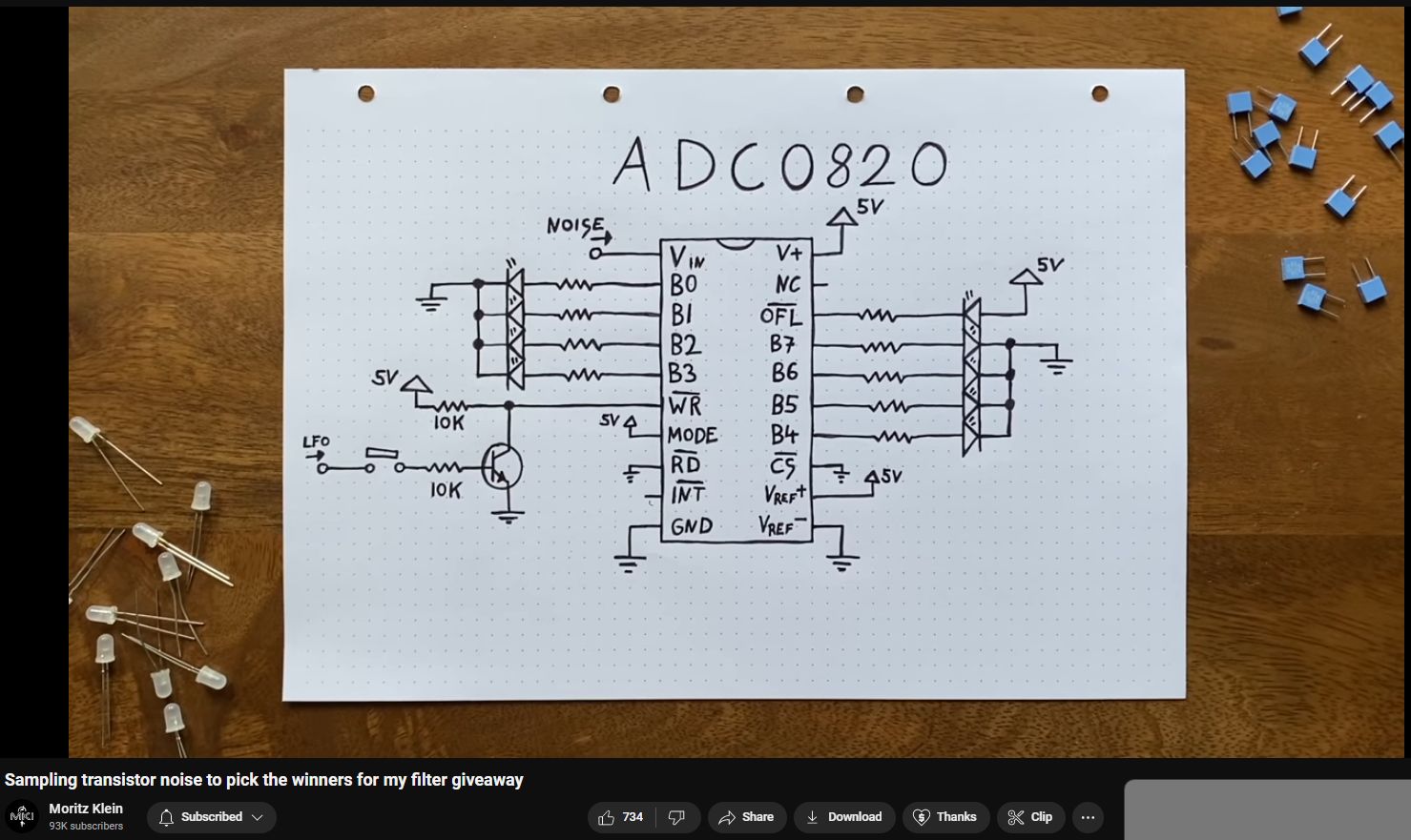Focused Mass Attention Sways Random



Focused mass human attention has been proven to significantly sway the “true random” measurements to definitively non-random. S P O O K Y
Global Consciousness Project
The statement about focused mass human attention influencing “true random” measurements refers to research and experiments that explore the intersection of consciousness and physical phenomena, particularly the work related to the Global Consciousness Project (GCP) and similar studies initiated by the Princeton Engineering Anomalies Research (PEAR) laboratory before it closed in 2007. These studies investigate whether collective human consciousness can affect the output of random event generators (REGs), devices designed to produce sequences of random numbers.
The Global Consciousness Project
The GCP, an offshoot of the research conducted by PEAR, aims to detect potential correlations between global events that evoke widespread emotional or attentional responses (such as natural disasters, significant political events, or moments of collective focus like New Year’s celebrations) and deviations from expectation in the data produced by a worldwide network of REGs. The hypothesis is that intense collective emotions or focused attention can somehow influence the randomness of these devices, making the data output less random during significant global events.
Findings and Interpretations
– Statistical Deviations: The GCP and similar studies have reported statistical deviations from randomness during significant global events. Researchers involved in these projects interpret these deviations as evidence of a form of global consciousness or interconnectedness affecting physical systems.
– Criticism and Skepticism: These claims and interpretations have been met with skepticism and criticism from the broader scientific community. Critics argue that the statistical methodologies may be flawed, the effects observed are subject to interpretation, and that the deviations, while statistically significant, are too small to conclusively demonstrate an effect of consciousness on physical systems. Moreover, establishing a causal link between human attention and changes in REG data requires overcoming substantial theoretical and empirical challenges.
– “Spooky” Factor: The notion that human consciousness can influence random physical systems echoes quantum physics phenomena, where the observer effect suggests that the act of observation can affect the outcome of quantum experiments. This parallel has led some to describe the findings of projects like the GCP as “spooky,” drawing a comparison to Einstein’s famous characterization of quantum entanglement as “spooky action at a distance.” However, it’s crucial to note that the analogy is more poetic than scientific, as the mechanisms proposed to underlie mind-matter interactions in these studies are not well-understood or accepted within the mainstream scientific framework.
Conclusion
Research into the potential influence of human consciousness on physical systems raises fascinating questions about the nature of reality and the power of collective human focus. While studies like those conducted by the GCP provide intriguing data, the interpretation of this data as definitive evidence of a consciousness-related effect on randomness remains controversial. The field continues to explore these boundaries, with the understanding that more rigorous scientific validation is necessary to draw firm conclusions.